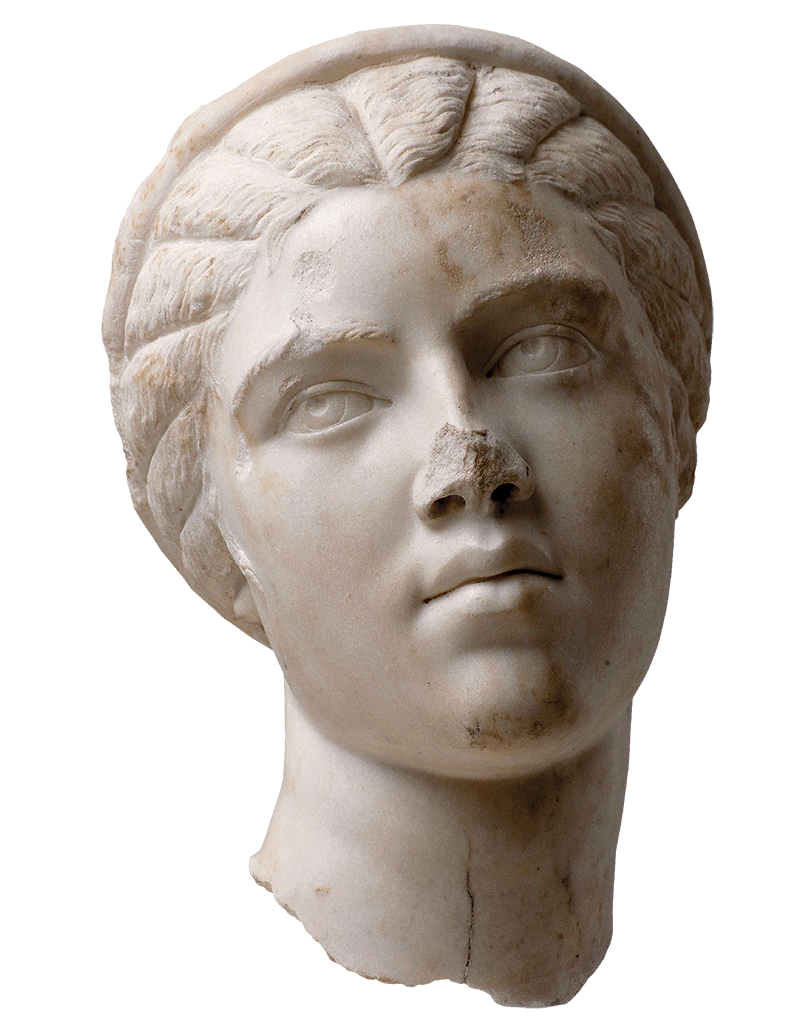THEMATIC SECTION
Athens and Rome
The fate of Athens after its conquest by the Roman general Sulla in 86 BC now depended on its relations with Rome. The prestige of the city’s past, however, and the admiration that Romans held for its intellectual and cultural achievements, led to its receiving a special autonomous status and to its gradual recovery.
Thanks to the interest of many Roman emperors and the benefactions of wealthy individuals, Athens was rebuilt, acquired important public buildings, and remained a significant centre of literature, philosophy and art.
The Acropolis and its monuments came to be a source of inspiration for sculptors and architects and a means of self-promotion for powerful figures of the day.
Sculpture workshops in Attica flourished, and their products, mainly copies and reworked older pieces, dominated the markets of Rome and other major cities of the Roman Empire.





